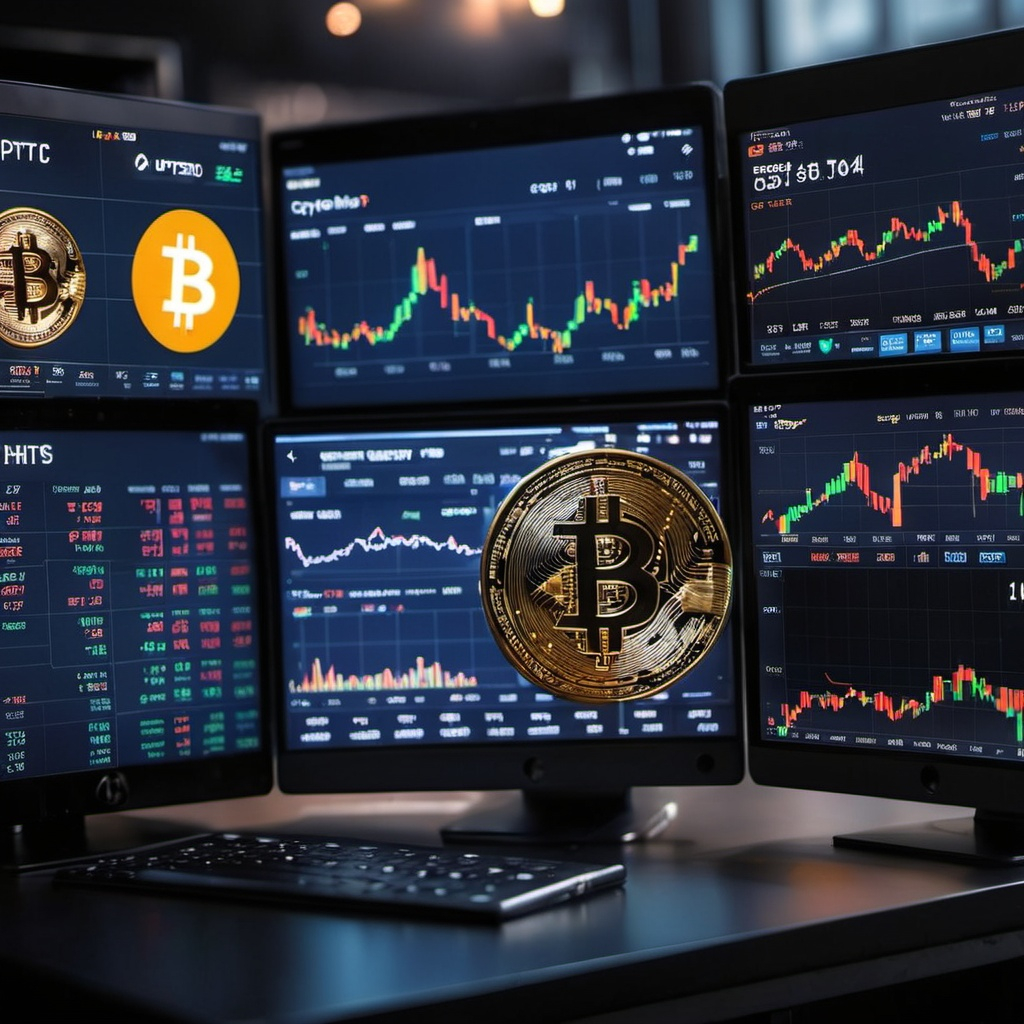In 2024, the convergence of AI and blockchain technologies is driving new innovations across various industries. The integration of AI with blockchain enables automation and enhances data security by verifying the authenticity of AI models and datasets. One significant application is in the fight against misinformation and deepfakes. Blockchain can create a cryptographic trail that records the provenance of digital content, making it easier to verify the authenticity of photos, videos, and documents. This provenance trail helps detect alterations and ensure data integrity, which is particularly valuable in sectors such as journalism and digital content distribution.
Furthermore, AI-driven blockchain applications are automating processes in supply chain management, finance, and healthcare. For example, AI algorithms can analyze data stored on blockchain networks to identify inefficiencies in supply chain logistics or detect fraudulent financial transactions. The combination of AI’s data-processing capabilities and blockchain’s secure data storage creates a robust system for handling complex tasks that require both high-speed processing and data integrity.
However, the integration of AI and blockchain faces challenges, particularly regarding scalability and energy consumption. AI algorithms often require significant computational resources, which, when combined with blockchain’s existing energy demands, can pose sustainability issues. Researchers are exploring solutions such as more efficient consensus algorithms and the use of layer-2 technologies to mitigate these concerns.


